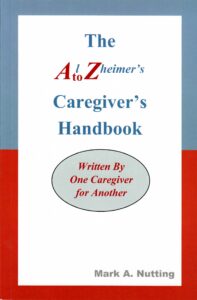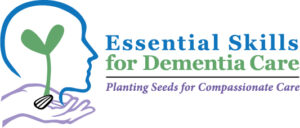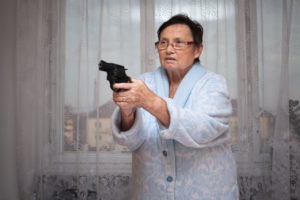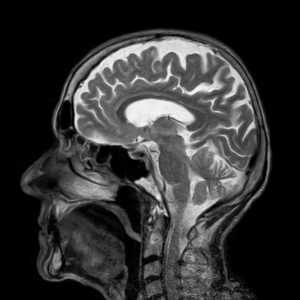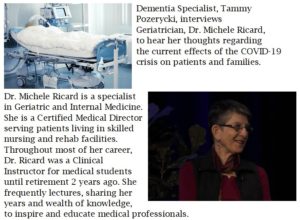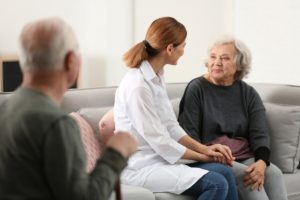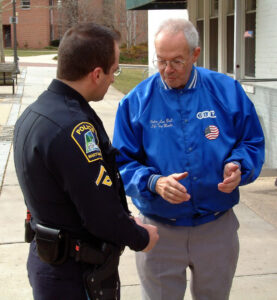
The Urgency of First Responder Dementia Training
There are over 6 million Americans living with Alzheimer’s Disease. There are another estimated 5 million Americans with cognitive impairment. This does not account for the people who are living with other forms of dementia, such as Frontotemporal Dementia, Lewy Body Dementia, Vascular Dementia, Parkinson’s Dementia, and many other neurocognitive disorders. The numbers continue to rise with more people with dementia living in the community. Ultimately, police officers, firefighters, emergency medical technicians (EMTs), and paramedics are answering 911 calls involving people with dementia. Many of whom do not have the knowledge and education regarding a person with dementia. The negative

